The Architecture of Frank Lloyd Wright (1983)
Gênero : Documentário
Runtime : 1H 30M
Director : Murray Grigor
Sinopse
Documentary on the work of Frank Lloyd Wright's architecture.
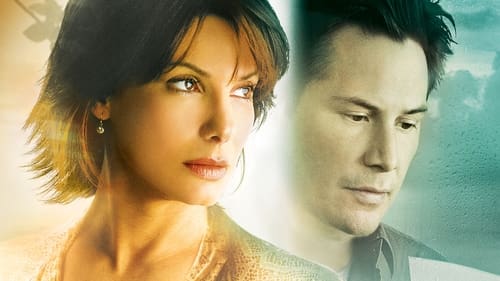
Kate Forster é uma médica solitária que morava numa casa à beira de um lago que acaba de vender. Sem perceber exactamente porquê, começa a trocar cartas de amor com o novo proprietário, Alex, um arquiteto frustrado. Este relacionamento escrito dura dois anos até que, percebendo que estiveram a perder tempo, eles decidem correr atrás dele...
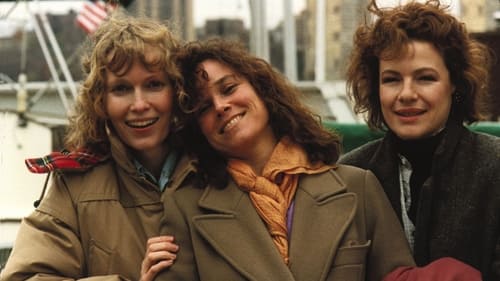
A filha mais velha de um casal de artistas, Hannah, é uma dedicada esposa, mãe carinhosa e atriz de sucesso. Uma leal defensora de suas duas confusas irmãs Lee e Holly, ela é também a espinha dorsal de uma família que parece se ressentir de sua estabilidade quase tanto quanto dependem da mesma. Mas quando o mundo perfeito de Hannah é silenciosamente sabotada pela rivalidade fraterna, ela finalmente começa a ver que está tão perdida quanto todos os outros, e para poder se encontrar, ela terá que escolher entre a independência e ... a família sem a qual ela não pode viver.
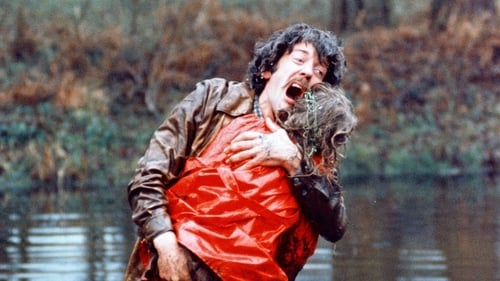
Após um trágico acidente que matou sua filha, o casal Laura (Julie Christie) e John Baxter (Donald Sutherland) muda-se para Veneza, afim de esquecer a tragédia. Porém, quando chegam lá, uma estranha mulher começa a dizer que sua filha está enviando mensagens do mundo dos mortos, e os dois iniciam uma perigosa relação de curiosidade sobre o outro lado da vida.
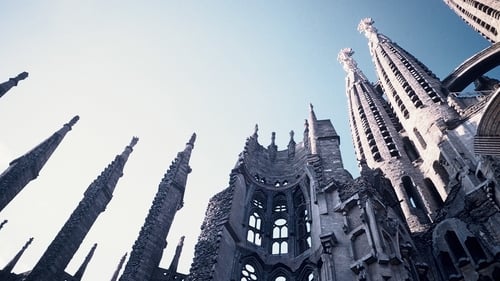
Catalan architect Antonio Gaudí (1852-1926) designed some of the world's most astonishing buildings, interiors, and parks; Japanese director Hiroshi Teshigahara constructed some of the most aesthetically audacious films ever made. With camera work as bold and sensual as the curves of his subject's organic structures, Teshigahara immortalizes Gaudí on film.
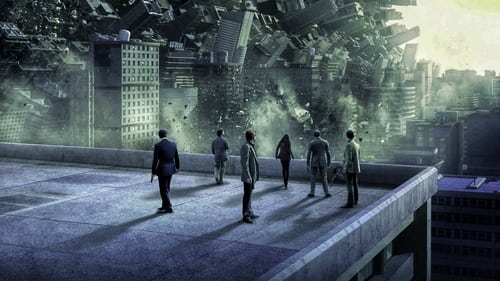
Um ladrão que rouba segredos corporativos por meio do uso da tecnologia de compartilhamento de sonhos, recebe a tarefa inversa de plantar uma ideia na mente de um Diretor Executivo.
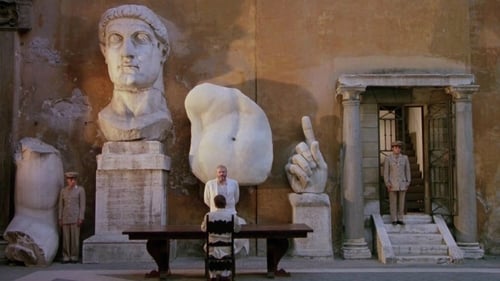
Um arquiteto norte-americano chega à Itália para supervisionar uma exposição de Boullé, arquiteto francês que ele idolatra, famoso por suas construções ovais. Quando fica sabendo que seu ídolo ingere alimentos muito parecidos com os seus próprios, fica desconfiado que sua jovem esposa (Chloe Webb) o está envenenando. As barrigas começam a se tornar uma fixação para ele, e começa a ficar doente e cada vez mais paranoico. Durante o período de nove meses, ele se torna obcecado por sua própria barriga. Uma pérola dentro do gênero avant-garde.
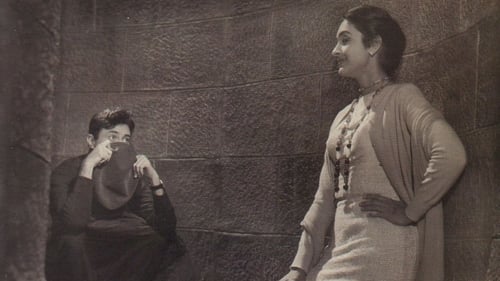
Rakesh, a successful architect, falls in love with a girl: Sujata whose father happens to be his own father's business rival. Sujata's father unwittingly assigns Rakesh the contract for building his house. This sets the stage for an entertaining story about the love between two individuals and their efforts to reconcile their families.
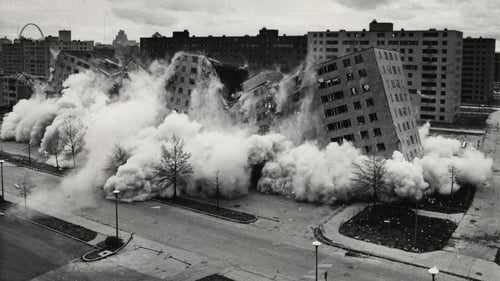
Destroyed in a dramatic and highly-publicized implosion, the Pruitt-Igoe public housing complex has become a widespread symbol of failure amongst architects, politicians and policy makers. The Pruitt-Igoe Myth explores the social, economic and legislative issues that led to the decline of conventional public housing in America, and the city centers in which they resided, while tracing the personal and poignant narratives of several of the project's residents. In the post-War years, the American city changed in ways that made it unrecognizable from a generation earlier, privileging some and leaving others in its wake. The next time the city changes, remember Pruitt-Igoe.
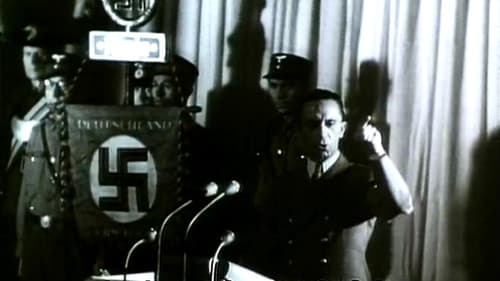
O filme pretende ser um estudo do nacional-socialismo de Adolf Hitler sob o ponto de vista estético e de propaganda. De sua chegada ao poder à derrocada alemã na Segunda Guerra, passando pela tese da 'solução final' para os judeus, a produção busca acompanhar a ambição artística do Führer, que se considerava um 'artista na política'. Como um arquiteto disposto a 'embelezar' o mundo, Hitler ambicionava reconstruir a sociedade alemã através da arte. Procura ainda mostrar como a arte, a propaganda e a mídia podem ser facetas importantes de uma ideologia política.
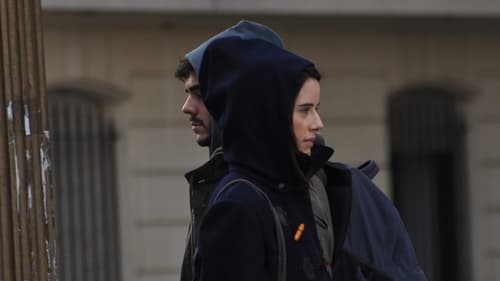
Martin e Mariana vivem na mesma rua, em edifícios opostos, mas eles nunca se conheceram. Eles andam pelos mesmos lugares mas nunca notaram um ao outro. Quais são as chances deles se conhecerem em uma cidade de três milhões de habitantes? O que os separa, irá uni-los.
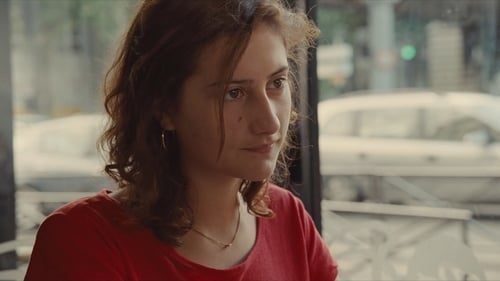
Camille (Lola Créton) e Sullivan (Sebastian Urzendowsky) vivem pela primeira vez a sensação do amor. Ela tem 15 anos, enquanto que ele é um pouco mais velho. O casal tem um relacionamento inocente, despretencioso e maduro para a idade deles. Quando Sullivan decide deixar o país os sonhos de ambos caem por terra, fazendo-os sentir um tipo de dor até então desconhecida.
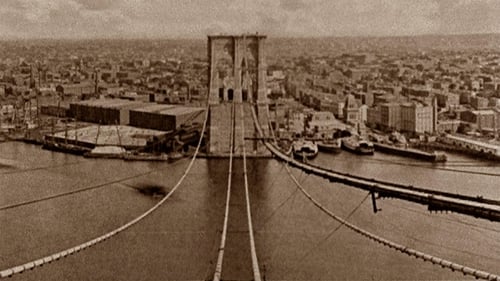
Today it's a symbol of strength and vitality. 135 years ago, it was a source of controversy. This documentary examines the great problems and ingenious solutions that marked the construction of the Brooklyn Bridge. From conception to construction, it traces the bridge's transformation from a spectacular feat of heroic engineering to an honored symbol in American culture.

A man returns to his hometown and a series of dark secrets are revealed.

In his experimental short film "Brutalität in Stein" (Brutality in Stone), Alexander Kluge demonstrates how Nazi architecture used dimensions of inhuman and super-human scale to bolster the regime's politics of the same kind. Shots of huge neo-classical architectural structures from the Nazi period are confronted with equally anti-human national-socialist language as a voice-over.

Bauhaus - The Face of the 20th Century, written and narrated by Frank Whitford, is an art documentary depicting the visual science generated from the outpouring of avant-garde ideas of this innovative educational undertaking.

A film about non-territorial office space, multi-mobile knowledge workers, Blackberries and Miles&More. A road movie discovering the working world of tomorrow. This documentary will take you on a journey through the post-industrial knowledge and services workshops, our supposed future working place. In this new world work will be handled more liberally. Time clocks cease to exist. Attention is not compulsory any more. The resource “human“ comes into focus. The film closely follows the high-tech work force – people who are highly mobile and passionate to make their work their purpose in life. Further episodes resume this topic and lead into the world of modern office architecture and into the world of Human Resource Management.

This witty and original film is about the open spaces of cities and why some of them work for people while others don't. Beginning at New York's Seagram Plaza, one of the most used open areas in the city, the film proceeds to analyze why this space is so popular and how other urban oases, both in New York and elsewhere, measure up. Based on direct observation of what people actually do, the film presents a remarkably engaging and informative tour of the urban landscape and looks at how it can be made more hospitable to those who live in it.

Após fazer diversos filmes sobre dança (sua primeira vocação), a cineasta nova-iorquina Shirley Clarke foi convidada para realizar uma série de curtas-metragens sobre o estilo de vida de seu país para o Pavilhão Americano da Feira Mundial de Bruxelas, em 1958. Carrossel de Pontes nasceu dos materiais descartados desse projeto, e, diferentemente do original - de natureza narrativa -, as imagens sobrepostas neste filme experimental exprimem a concretude dos objetos que retratam, as pontes que cruzam o rio Hudson em Nova York. A música envolve e suaviza a rigidez geométrica das construções de ferro e concreto, que contrastam com a fluidez do rio. Clarke fez duas versões do filme: uma com trilha sonora dos compositores pioneiros da música eletrônica Louis e Bebe Barron; outra, com trilha do compositor, produtor e saxofonista de jazz Teo Macero.

Architect, engineer, geometrician, cartographer, philosopher, futurist, inventor of the famous geodesic dome and one of the most brilliant thinkers of his time. Fuller was renowned for his comprehensive perspective on the world's problems. For more than five decades he developed pioneering solutions reflecting his commitment to the potential of innovative design to create technology that does "more with less" and thereby improve human lives. He spent much of his life traveling the world lecturing and discussing his ideas with thousands of audiences. Now more relevant than ever, this film captures Fuller's ideas and thinking told in his own words.

A visual celebration of Manhattan and its waterways on the 300th anniversary of purchase from the local Native Americans.

















